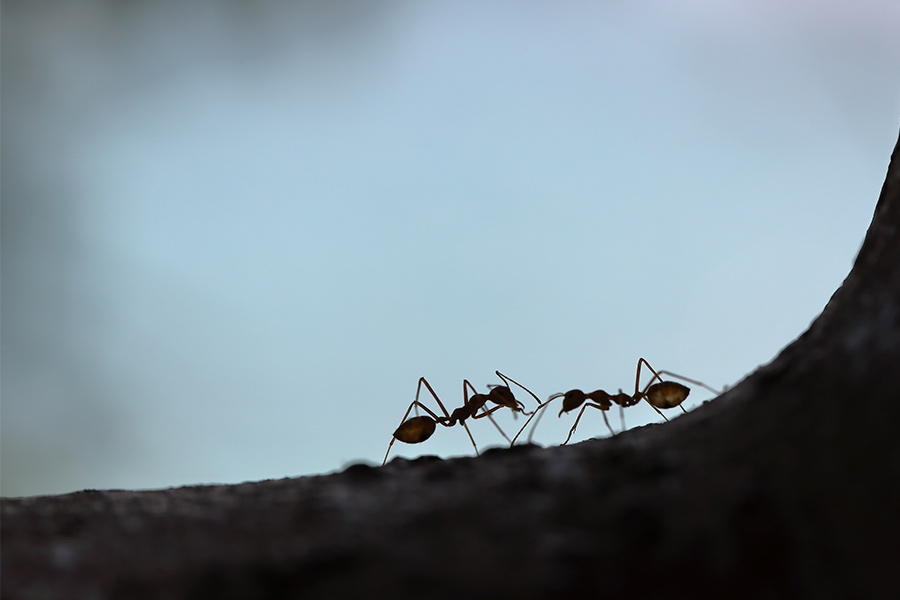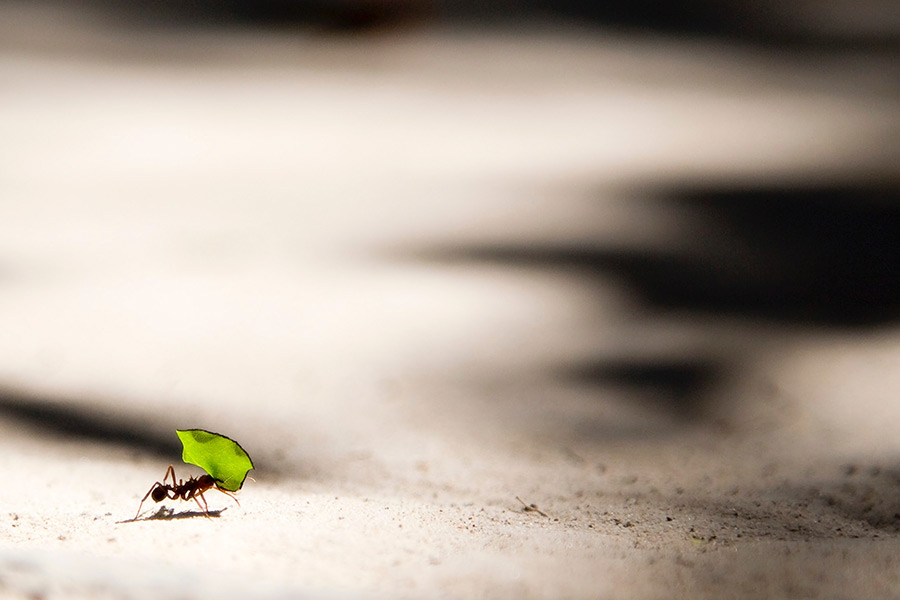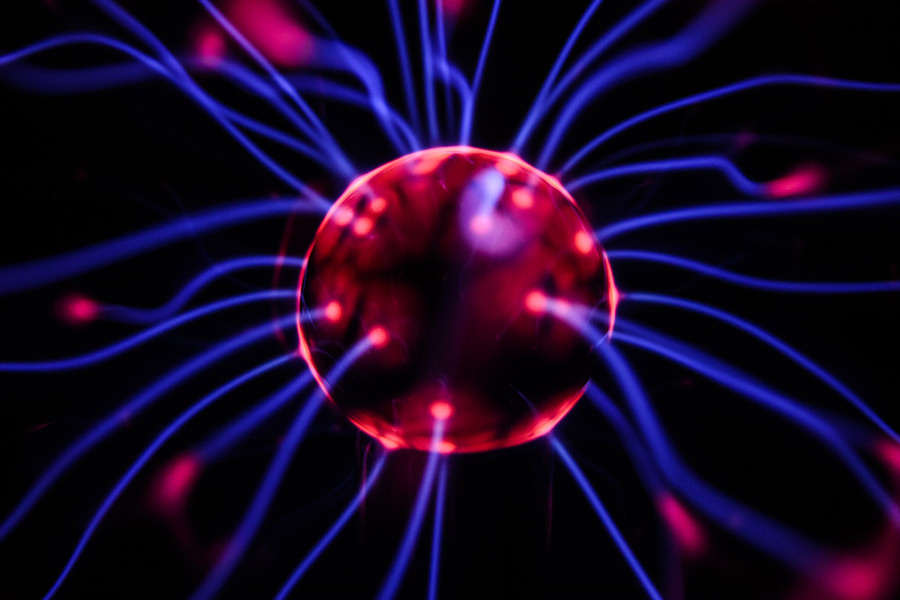If you have an apple and I have an apple and we exchange them, both you and I will still have an apple. But if you have one idea and I have another and we exchange them, then we will have two ideas.
This phrase by George B. Shaw is revealing to understand how together we can form a higher intelligence that provides solutions to phenomena that, a priori, resist us.

The collective intelligence of ants
We are all amazed at how ants build their homes in specific places, away from dangers and obstacles that can interrupt their entry and exit to collect food.
How can such a small animal with a tiny brain accomplish this? To begin with, we must get out of our heads the idea of the ant as the only being capable of creating the marvelous creation of a perfect anthill.
Experts have determined that an individual who follows simple rules on his or her own, in a group can generate really complex and, to top it off, highly effective skills.
This insect alone does not know where to build its dwelling. However, the whole colony generates a hidden communication network that gives rise to a collective intelligence. This result means that all the ants, united, know where they should build the anthill.
Swarm intelligence. Troubleshooting
We have just given an example of swarm intelligence. It is the behavior that results from a group of insects when acting as such.

They achieve, thanks to collective intelligence, a model of self-organization (we could use this concept) that is neither centrally controlled nor locally supervised. This form of management emerges from the interactions of all individuals and not just one being.
Experts have determined that an individual who follows simple rules on his or her own, in a group can generate really complex and, to top it off, highly effective skills.
Returning to the example of ants, this self-organization allows the colony to adapt to changes in their environment, i.e., they have an amazing capacity for self-recovery. In addition, if one of them fails or dies, the group can continue to execute the task normally.
Going for a brain system
We take as a reference the comparison made by Louis Rosenberg in New hope for humans in an A.I. world. In this lecture Rosenberg compares the brain to the swarm.
We’ll have to get smarter, but this time we don’t have millions of years to do it.
Explains the brain as a system of connected neurons that create intelligence. On the other hand, the swarm is like a system of brains that generate a superior intelligence.
This technologist also refers to the need to prepare ourselves for the arrival of a conscious artificial intelligence that will emerge from the insatiable world of technology. When this happens, an evolutionary pressure point will be delineated.

At this point, we will have to get smarter, but this time we don’t have millions of years to do it. This change will come in decades.
Why don’t we prepare for it? Why don’t we take the idea of the collective together with the advantages offered by technology? At CiBUC we are clear about this task and many companies today can attest to this. Shall we set it in motion?



